Plastic Bags: Environmental Impact and Recycling
VerifiedAdded on 2023/03/31
|5
|792
|453
AI Summary
This article discusses the environmental impact of plastic bags and the importance of recycling. It highlights the need to recycle plastic bags to preserve natural resources and reduce greenhouse gas emissions. The article also explores the market and customer context of plastic bags and the increasing demand for reusable plastic bags.
Contribute Materials
Your contribution can guide someone’s learning journey. Share your
documents today.
1 out of 5
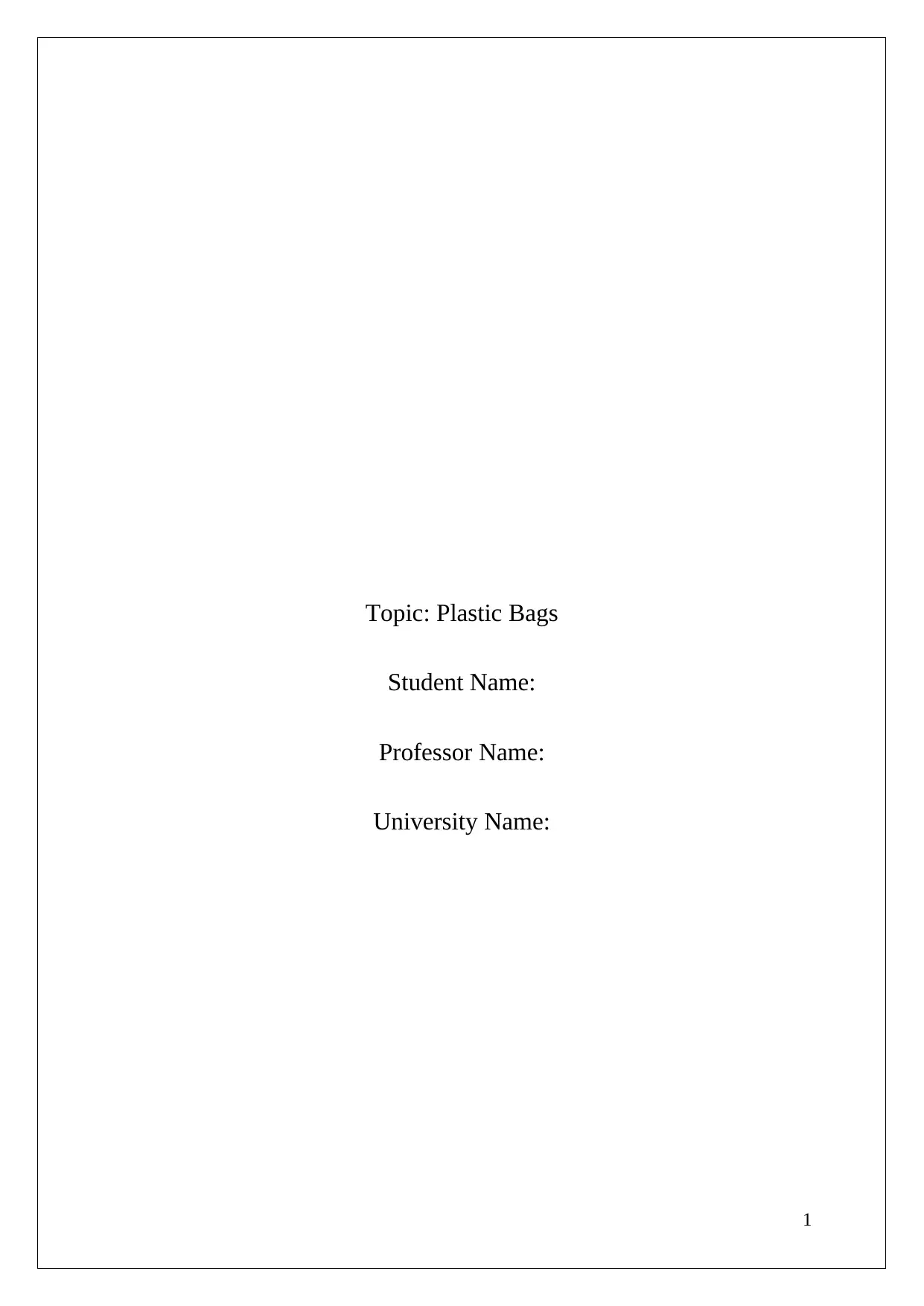
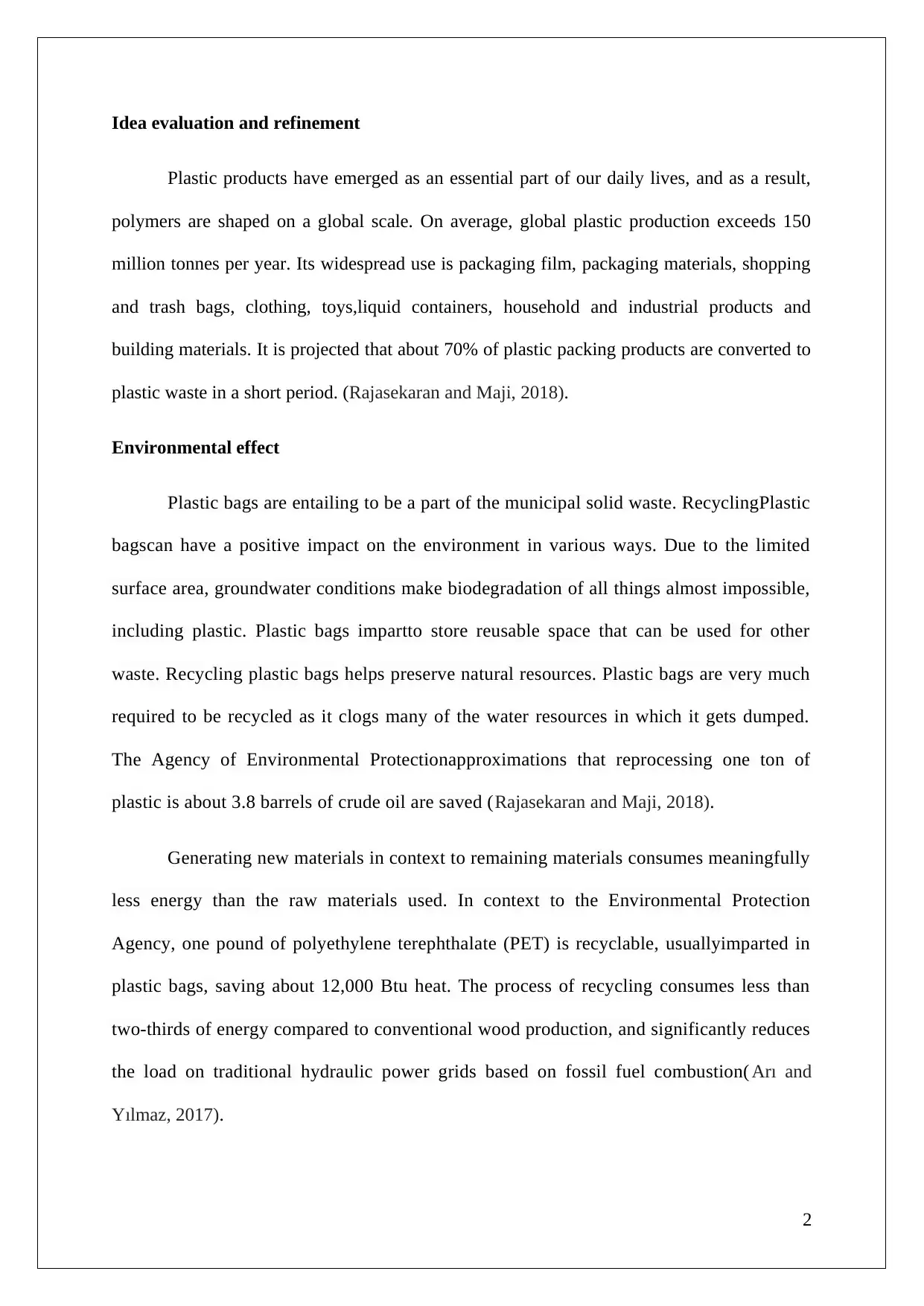
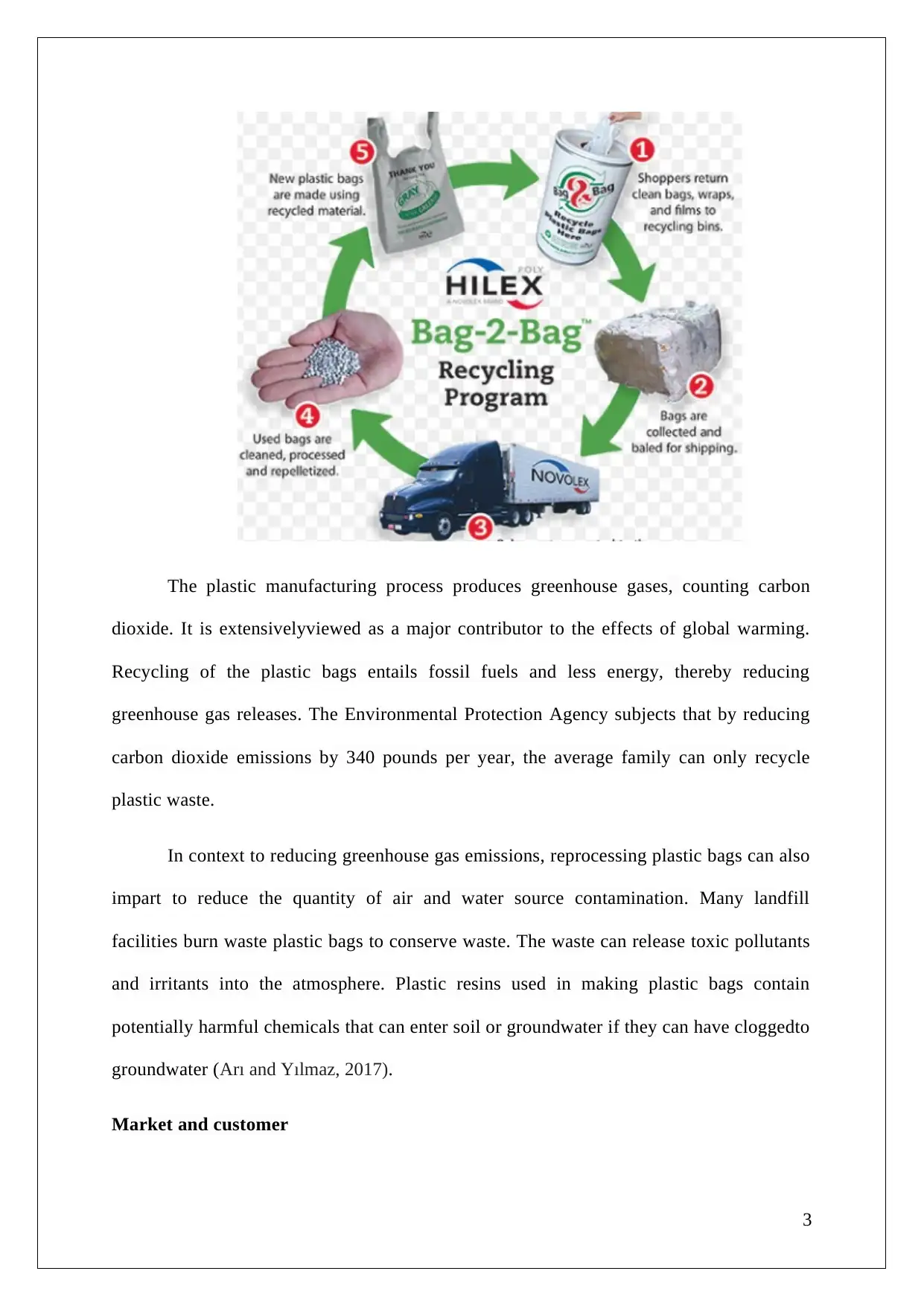
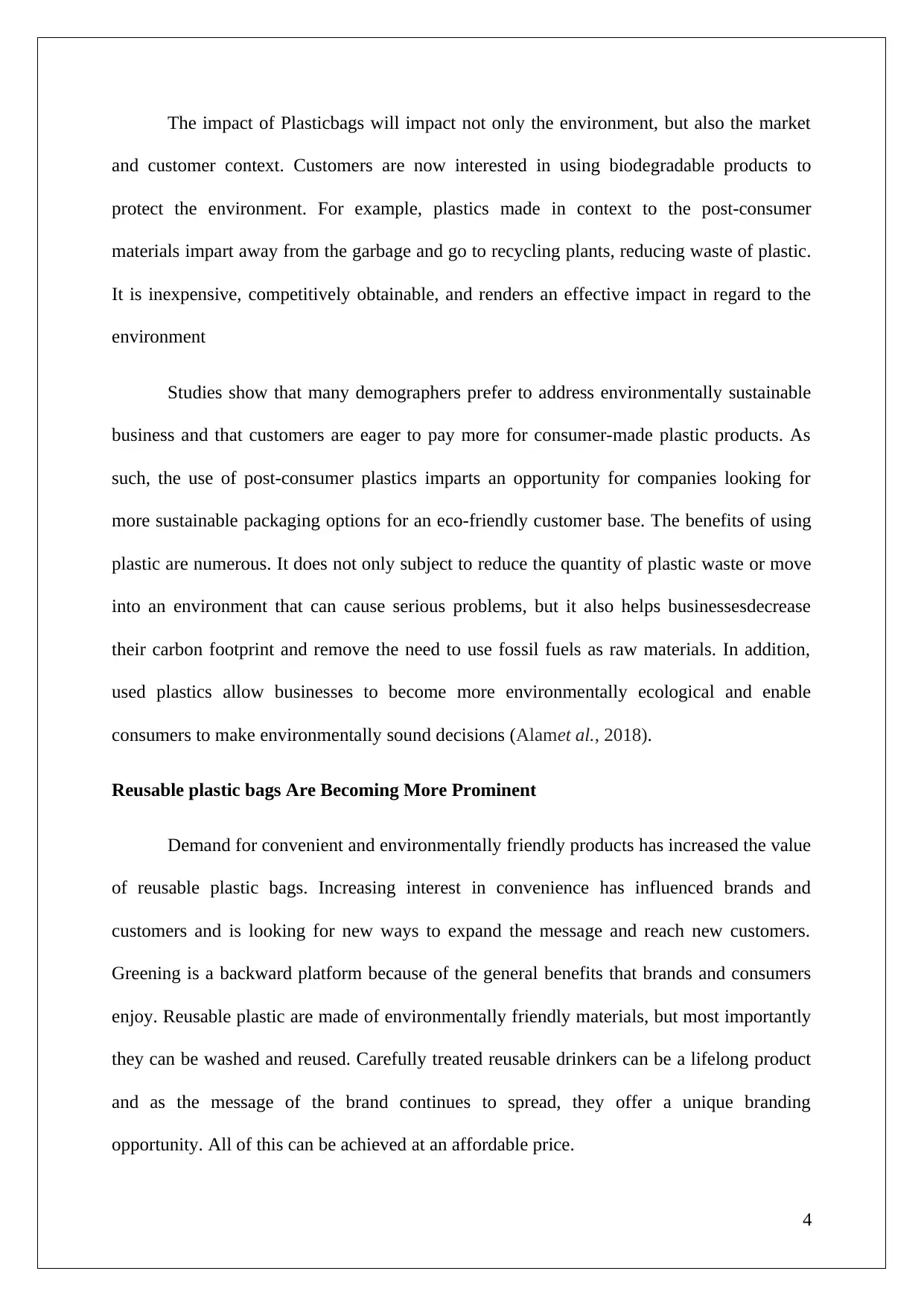
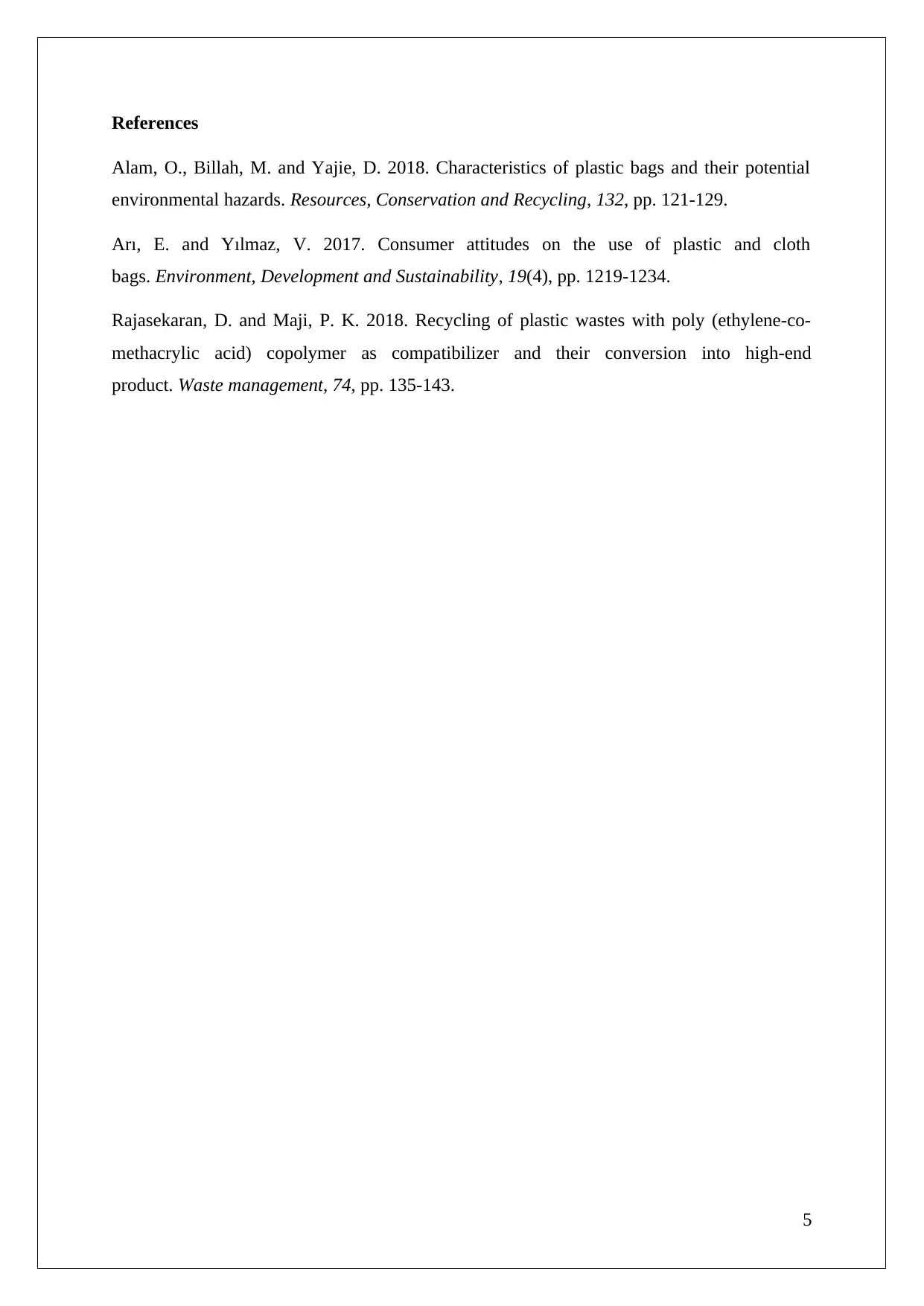






![[object Object]](/_next/static/media/star-bottom.7253800d.svg)